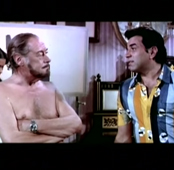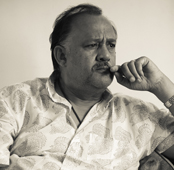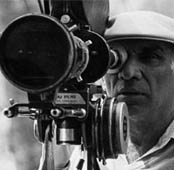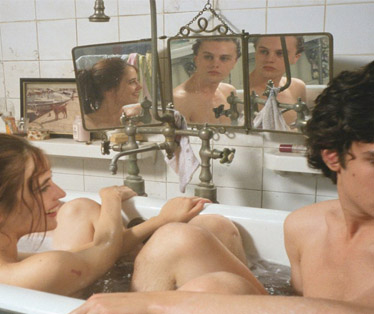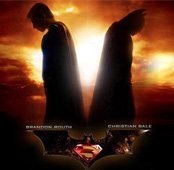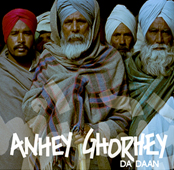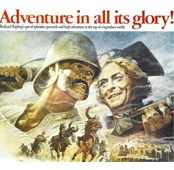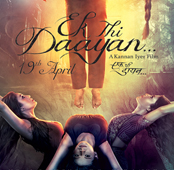-
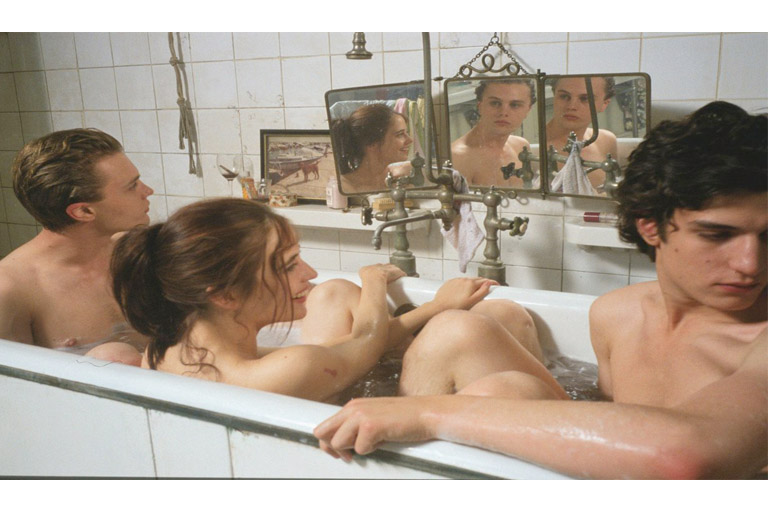 Michael Pitt, Eva Green and Louis Garrel in a scene from The Dreamers
Michael Pitt, Eva Green and Louis Garrel in a scene from The Dreamers -
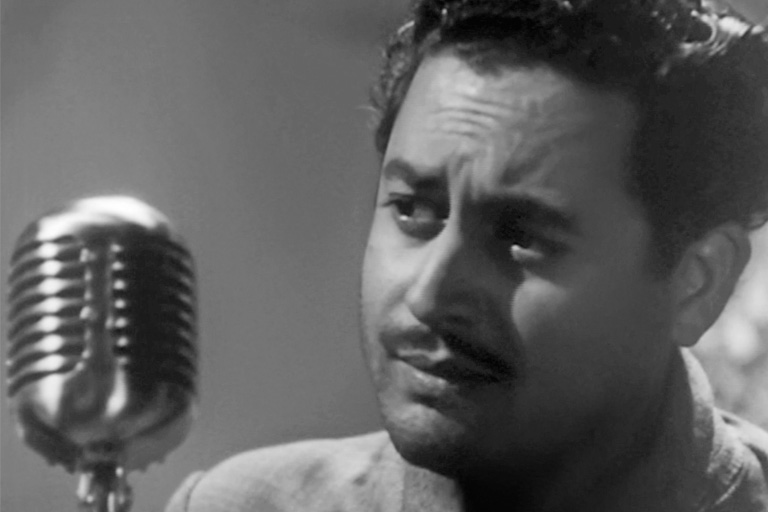 Guru Dutt in Pyaasa
Guru Dutt in Pyaasa -
 Dooley Wilson as Sam, Humphrey Bogart as Rick and Ingrid Bergman as Ilsa in Casablanca
Dooley Wilson as Sam, Humphrey Bogart as Rick and Ingrid Bergman as Ilsa in Casablanca
Pragya Tiwari revisits three films she grew up on to find that she can no longer love them as she once did.
Cinema is a gift that keeps on giving. Over time it becomes more than itself— a part of collective and individual memory, personal histories, common language; a phantasmagoria of images that reflect what we know of life, love and loss. There are films we go back to and films that find their way back to us. These journeys also measure the distance we have traveled as people.
The Dreamers
I was an undergraduate in Cardiff when I first saw Bertolucci’s The Dreamers. Set against the 1968 student riots in Paris, the film evoked everything I had learnt to idealize as a child growing up in post-Naxalism Calcutta. It fueled my belief that everything is political, that middle-class morality is anathema to imagination and that poetry is petition. It reminded me that it is important to rebel, to put your life on the line even if it counts for nothing. It also convinced me more than ever that there were answers to be found in the French New Wave and that films should only be seen from the first row. Six years later when I saw the film again it had shifted from being the manifesto of my life to a nostalgic mood piece. I had a more nuanced understanding of the past and of politics by now. This time around I saw Bertolucci less as an uncompromised ideologue and more as an artist who couldn’t tell the follies of youth apart from glory days. It made me question every generation’s need to romanticize its revolutions and wonder if we will ever know the truths of history. It also made me miss the comfort of being able to see the world in solid monochromes.
Pyaasa
I was 13 when I first saw Pyaasa and was instantly in awe of Guru Dutt’s character, Vijay— a great poet first rejected then exploited by an opportunistic, bourgeois society. It was around the time when I had begun to wonder why I identified more with male protagonists in most Hindi films than I did with the women. It must be me, I thought. I am different. Of course I was not. The problem, as I now see, wasn’t with me but with the abysmally shallow portrayal of women in most Hindi films. Even in the eyes of a master director like Dutt, a woman could either be a prostitute-fan or a changeable, greedy heartbreaker— both created as mere circumstances in the hero’s narrative, with no stories of their own. Over time I also began to see through Dutt’s fetishization of suffering, self-pity and victimhood a little. The world is what it is and it will give you ample opportunities to change your narrative. Ye Duniya Agar Mil Bhi Jaaye To Kyaa Hai is beautifully written, composed and shot. But it also signals clinical depression, which you ought to take to a doctor. I certainly wish Dutt had.
Casablanca
When I first saw Casablanca at the age of 18 it broke my heart. I wanted Rick and Ilsa to end up together so bad I began to feel the design of its narrative was intentionally perverse. How could anyone walk away from Bogart? For the life of me I couldn’t understand why Ilsa would leave with her husband, Victor. She still loved Rick, she said, then why should anything else matter? In my understanding of things love was one of life’s great causes and true lovers could never separate of their own volition. But of course, I knew very little of relationships then. Now when I see the film I can fill Ilsa’s silences with things she did not say. That romantic love is a luxury, an indulgent pleasure, so inconsequential in the larger scheme of life. That conscience is a greater cause than love. That loyalty has nothing to do with attraction. That the relationships you desire and the relationships you can sustain are usually not the same. That Casablanca is a place we must all visit but hold on to the letters of transit that will bring us back to reality and our larger purpose eventually.
Back to the Movies
OpinionSeptember 2014
 By Pragya Tiwari
By Pragya Tiwari
Pragya Tiwari is Editor-in-Chief at The Big Indian Picture.



